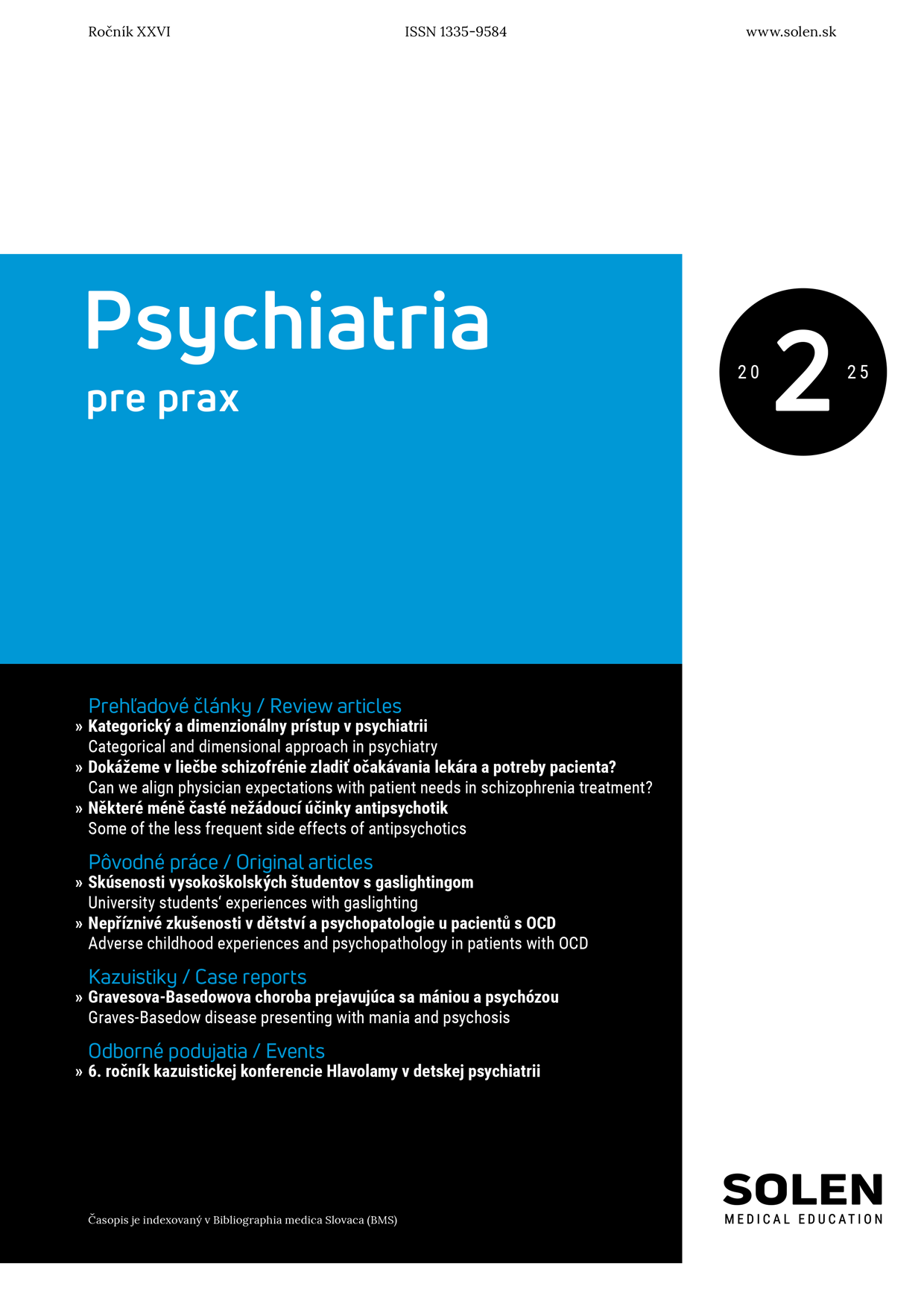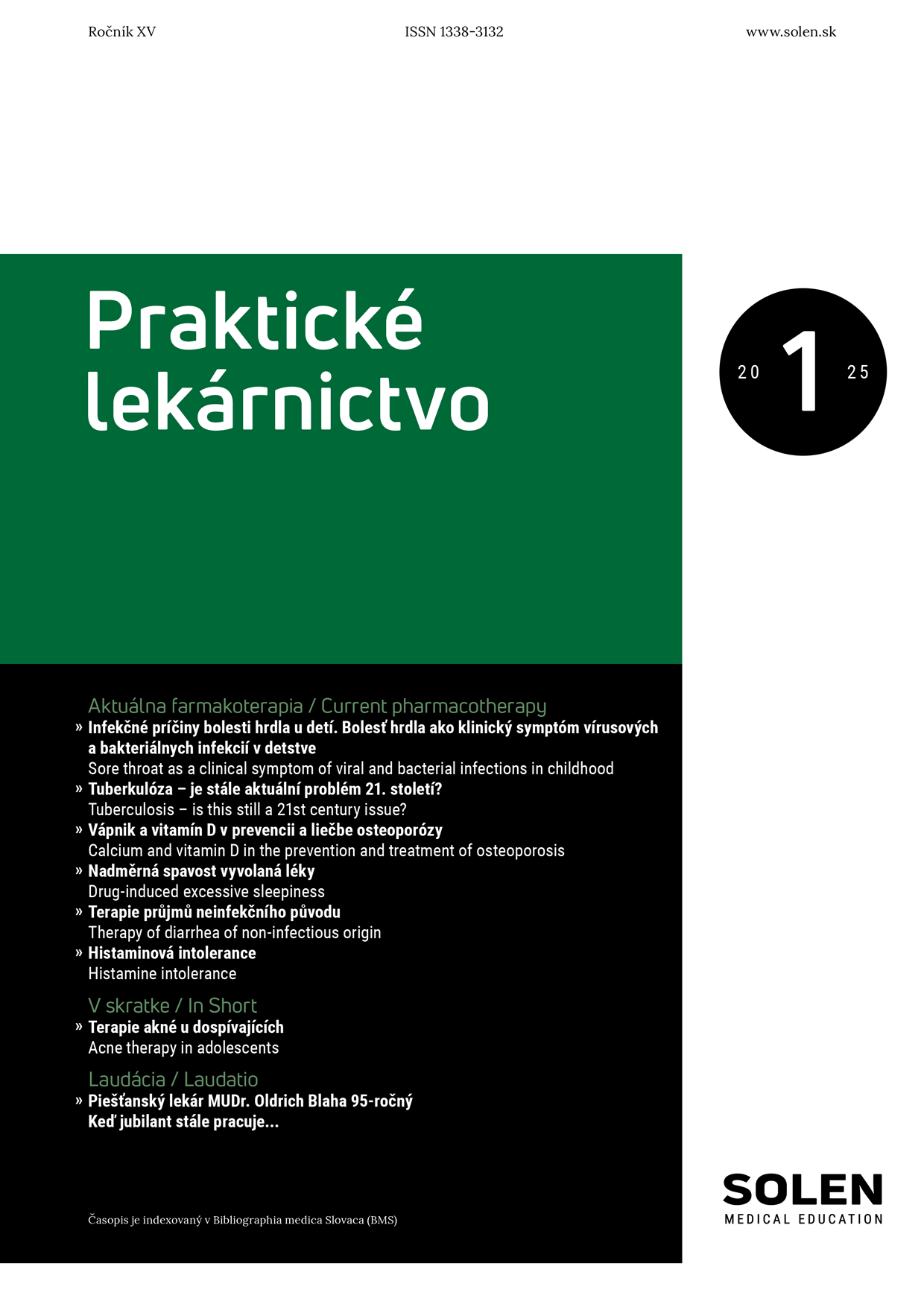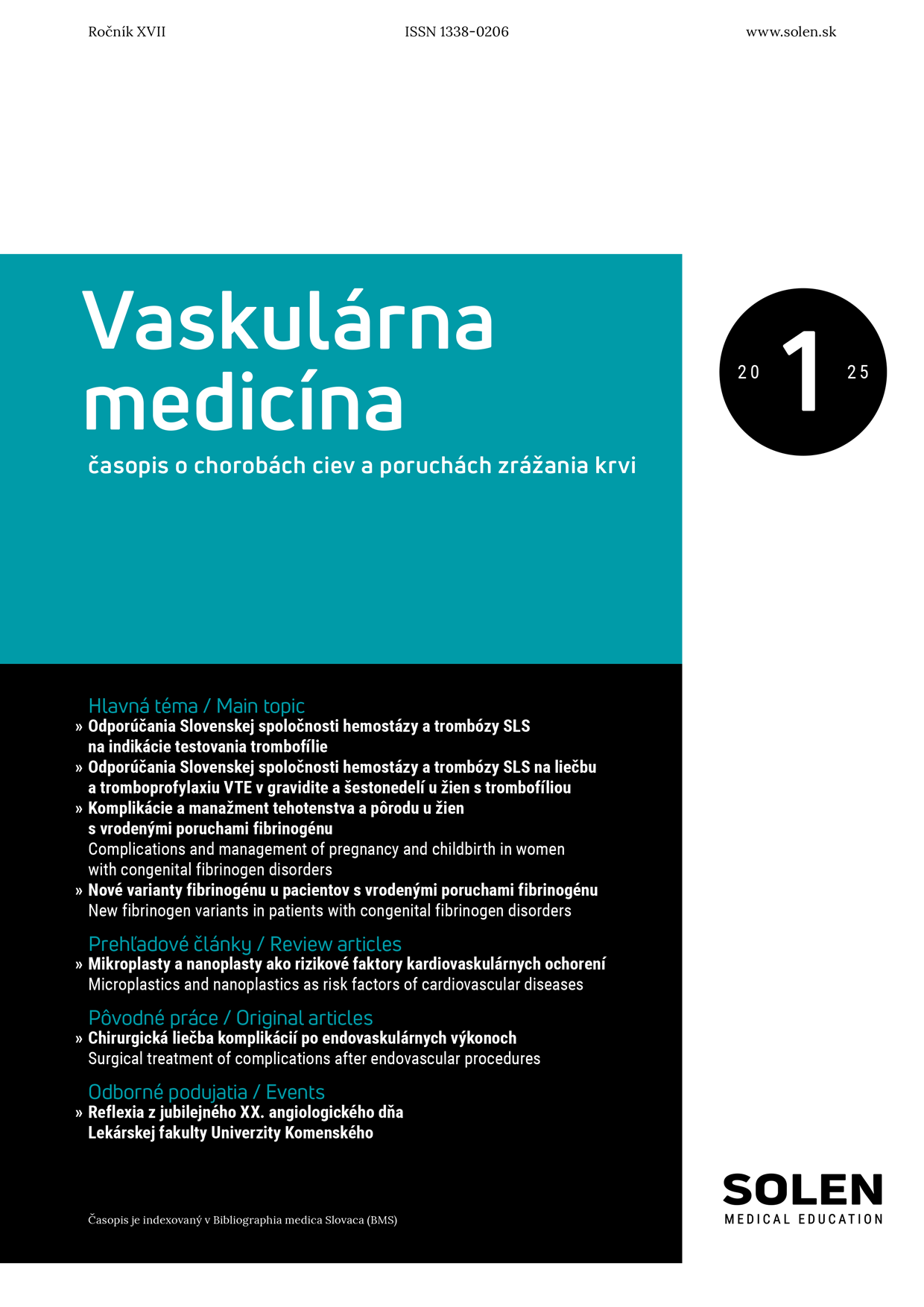Onkológia 6/2020
Treatment of colorectal cancer in geriatric patients
Coloretal cancer is the malignancy with increasing incidence. However, approximately 70% of CRC occur in patients aged 65 years and older, outcomes of clinical trials for this subgroup are limited by small number of enrolled subjects. In addition, elderly patients form a specific population due to comorbidities, disability and organ-specific physiological changes. Therefore, routinely used treatment algorithm must be modified. In real clinical practice this process usually leads to undertreatment. Published studies discussing surgery are showing the same benefit for patient regardless the age. The number of perioperative complications is increasing with comorbidities. Adjuvant treatment is facing problem with life-expectancy, which generally leads to undertreatment, neoadjuvant treatment is worsening perioperative mortality, but shows comparable long-term outcomes to younger population. Results from clinical trials discussing palliative treatment are limited. Combination of chemotherapeutic drugs often leads to increased severe toxicity, without a survival benefit. The efficacy of biological therapy was confirmed by several clinical trials, but its usage is reserved for patients with the best performance status. In general, elderly patients are a heterogenous population with various limitations and treatment of these subjects needs a further investigation to achieve the best improvement of overall survival, without disability worsening caused by adverse events.
Keywords: colorectal cancer, elderly patients, surgery, chemotherapy, biological treatment


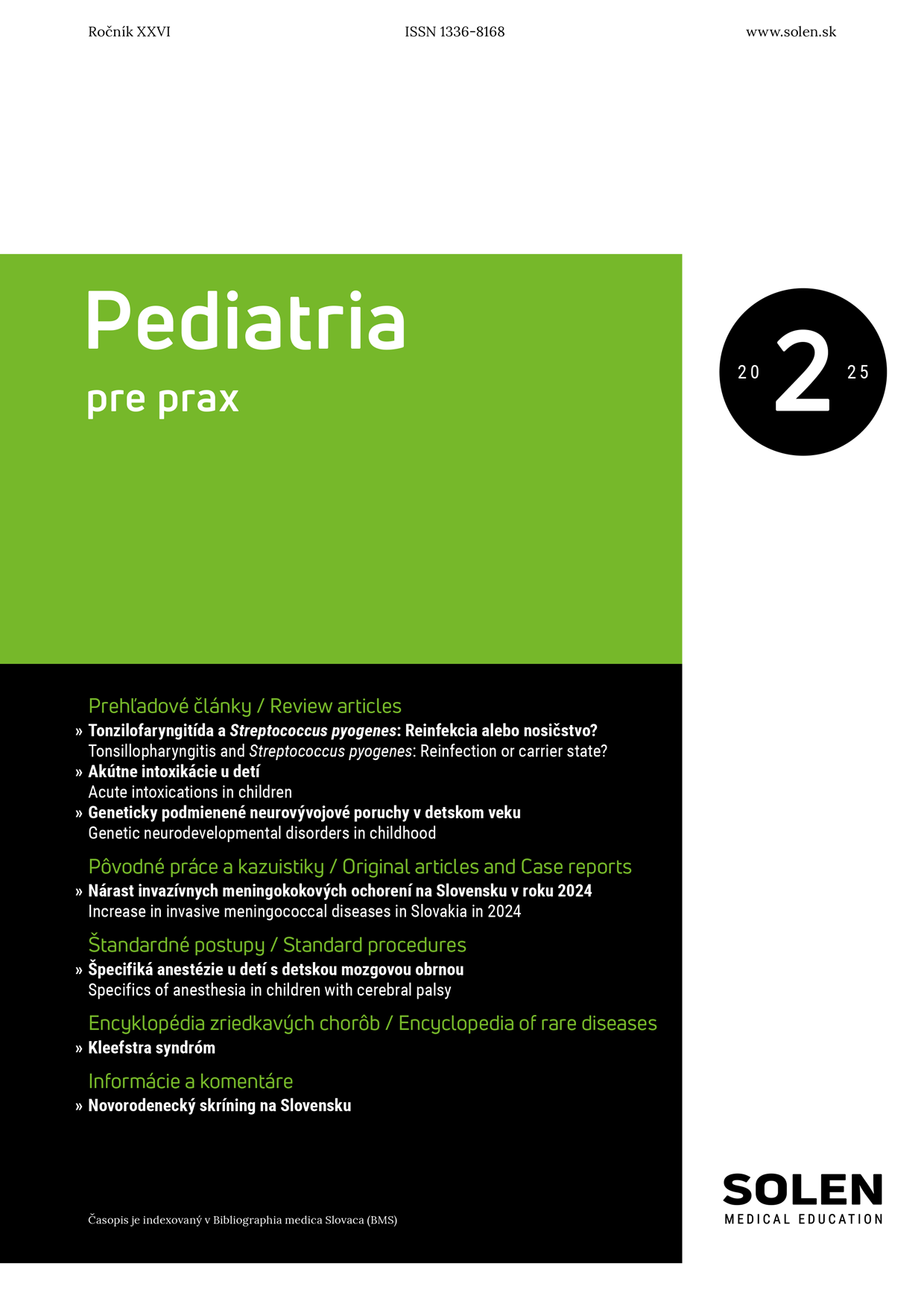
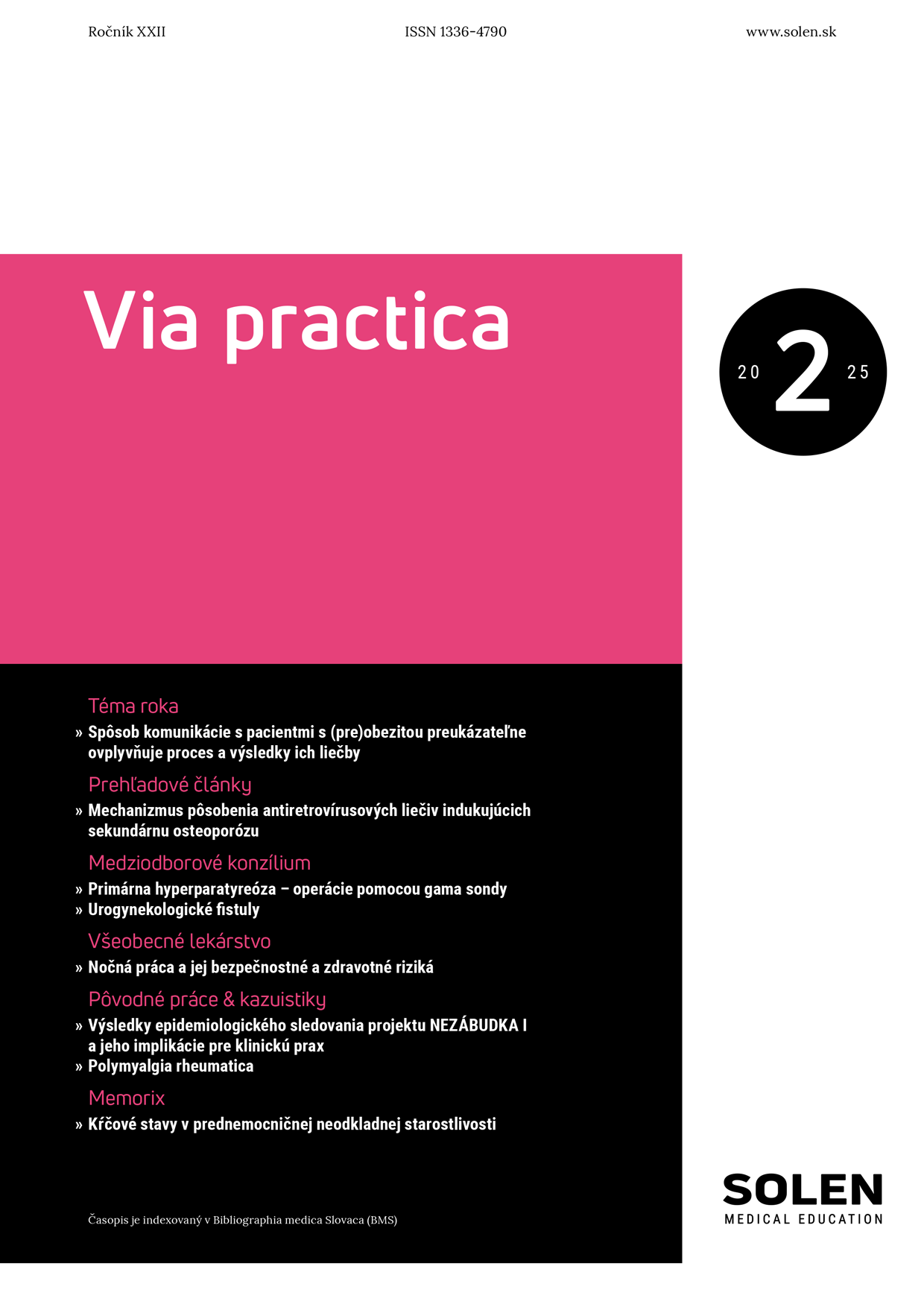
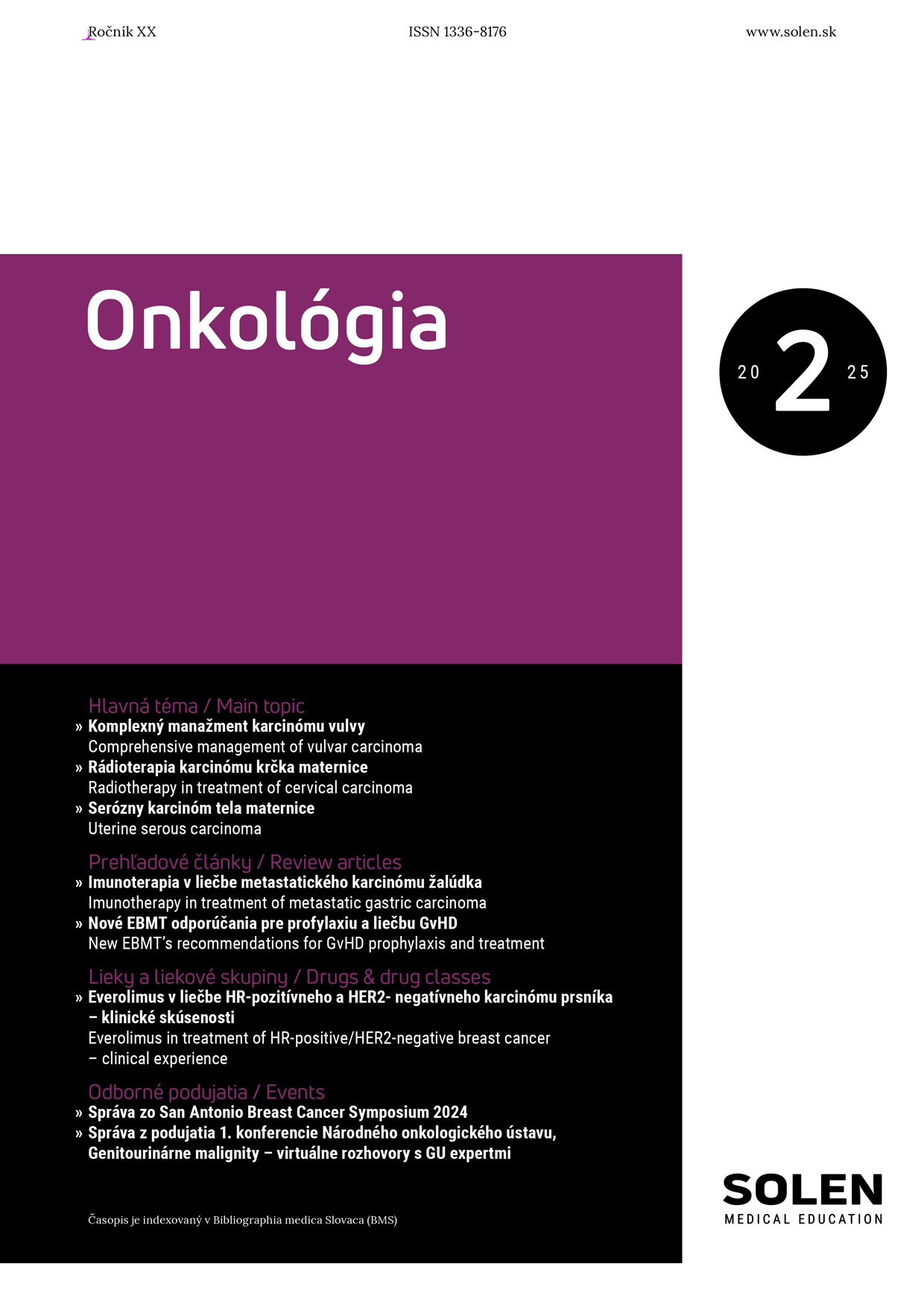
-1.png)
